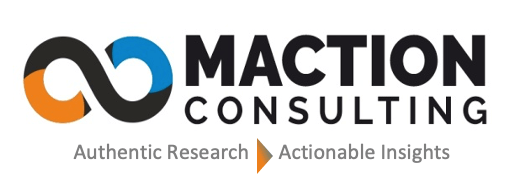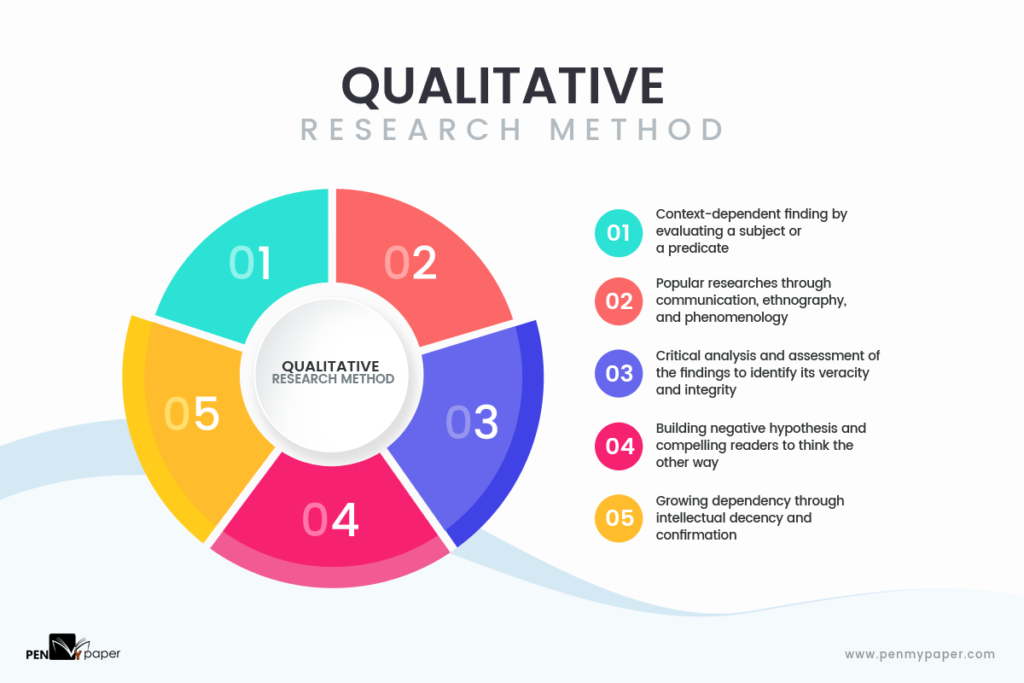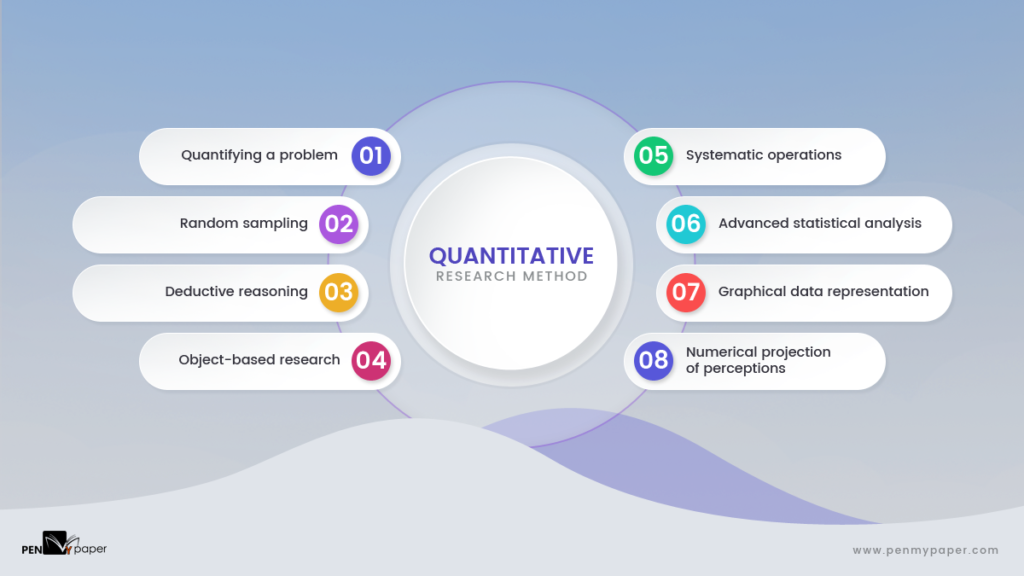The selection of an appropriate research procedure is necessary for the successful execution of any project. The procedure one chooses determines the kind of data one can collect, its process, and its analysis. Learning about various kinds of research techniques is a crucial step. Researchers usually need help to choose between the available research methods. Many are of the view that the methods are applied interchangeably.
Qualitative research is an exploratory approach and helps know the trends in opinions and thoughts. On the other hand, quantitative research helps quantify the problems using numerical data or data obtained from statistical calculations. This article discusses why one must consider using research methods based on the project’s requirements.
Understanding qualitative research and types in brief
Qualitative research helps businesses better understand the target audience’s preferences and recognize other critical aspects.
For example, a brand is doing research for a new consumer product like soap. However, the brand is completely new in the market and has very little idea of customer preferences. A qualitative survey in such circumstances is beneficial to understand the intensity or weightage of the variables.
It gives insights into consumers purchasing soaps with organic ingredients, better fragrances, and affordable pricing. Most importantly, they prefer purchasing in person.
On the other hand, a quantitative survey gives an estimate of people looking for organic ingredients and who prefer purchasing from a physical store. So in a gist, qualitative research is more elaborate, whereas quantitative one focusses on numbers.
1. Ethnographic research
It is one of the most expensively used approaches to conducting qualitative research. The process involves the collection of samples from unique cultures. The researcher is considered a subject for an extended period.
Here the idea is to understand and describe distinctive characteristics of culture in a way that ethnologists consider cultural radiation in human society.
2. Narrative research
This is an extensive process and keeps collecting information as it takes place. It puts together a series of events from different stories. Narrative research is an approach that in itself becomes the case under study. Leading businesses make use of this technique for distinctly defining buyer preferences and also use them for the reorganization of innovations that will appeal to the masses.
3. Historical research
This process focuses on investigating fast happening to understand the present pattern and anticipate upcoming preferences. It allows the researcher to explore and explain past processes’ phases, characteristics, and meanings.
Historical research aims to explicate and authenticate the history of human activities, events, or success with the help of scientific processes.
4. Grounded theory
Grounded theory research considers the subject matter and tries to explain a course of events. In simpler terms, it offers a clear explanation behind the series of events. Usually, the sample size is quite large to establish the theory.
Grounded theory helps businesses make informed decisions by learning how people perform certain tasks or use a product. Businesses prefer to use grounded theory when conducting a satisfaction survey. It clearly explains why the consumer uses a certain service or product.
5. Case study
It involves a comprehensive understanding of data from multiple resources. Case studies are mostly explanatory, descriptive, or exploratory. The case study method offers deeper insight into the subject under test. The subject can be a family person, organization, business, or even a city.
Understanding quantitative research and types in brief
Quantitative research is necessary for quantifying attitudes, behavior, opinion, and other variables. This process is mostly used for the generalization of a large population. Quantitative research mostly makes use of quantifiable data to recognize patterns and facts. Such research method implements mathematical and statistical tools to arrive at the final result.
The common types of quantitative research approaches are
1. Descriptive research
This method is used to provide a detailed description of a phenomena or circumstance. It entails gathering data through observations, surveys, or other means, then summarising and presenting the findings in a form that provides insight into the topic under investigation.
2. Experimental research
This method entails tinkering with one or more variables to observe how they affect another variable. It entails allocating people to various groups at random and comparing the results to determine causality.
3. Survey research
This method entails gathering information using survey analysis or questionnaires. Surveys can be administered in person, by phone, or online to acquire information about people’s views, opinions, behaviors, or traits.
4. Quasi-experimental research
This method is similar to experimental research, however, it does not provide complete experimental control. Participants are not randomized to groups at random, and the researcher cannot control all variables that may influence the outcome. This form of research is frequently used when experimental research is not practical or ethical.
5. Correlation research
This method entails determining the link between two or more variables. It does not establish causality but rather demonstrates how changes in one variable are related to changes in another. Correlation analysis is frequently used to investigate correlations between variables in complicated systems.
Which method should be used?
It is observed that most people prefer quantitative research over qualitative research because of its scientific and focused approach. However, qualitative research is necessary in certain cases as the researcher needs more idea of the outcome. It is mostly used for defining the problem or developing an approach to the problem.
Quantitative research usually ends with a recommendation or conclusion. It focuses on quantifying a problem and understanding its prevalence by examining the results.
It is more structured and consistent for the collection of data. The process includes the use of a questionnaire with close-ended questions. The data is useful for looking at the cause and effect of the relationship.
On the other hand, qualitative research is explanatory. It helps define problems are developing an approach to that problems. Businesses prefer qualitative research when there is a need for interviews or analysis of the focus groups.
Maction is a leading market research agency that provides the best technology-driven survey platform available. With our considerable experience, we can help you gain the suitable consumer insights necessary for designing your creative strategy.
Contact the expert consultants at Maction Consulting today.




